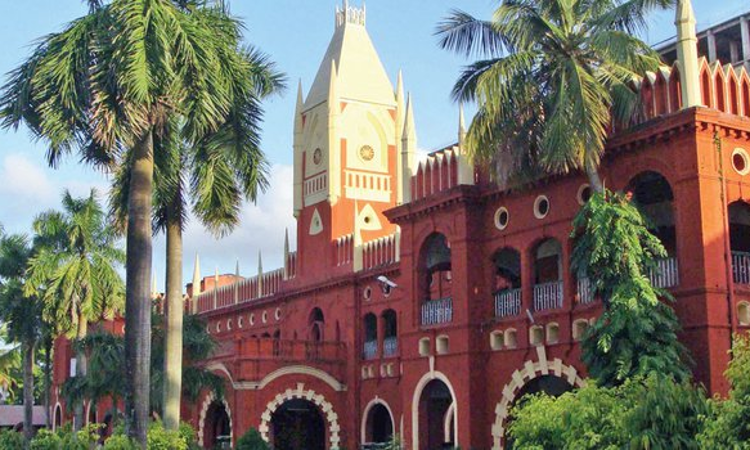Lawyer Challenges Notification Issued By Orissa High Court Conferring 'Senior Designation' On 8 Advocates
Jyoti Prakash Dutta
18 Jun 2022 10:12 AM IST

Next Story
18 Jun 2022 10:12 AM IST
A lawyer has challenged the notification issued by the Orissa High Court on 27th April 2022, which conferred 'senior designations' on eight (8) advocates. The said notification has been assailed for being violative of the guidelines issued in Indira Jaising v. Supreme Court of India through Secretary General & Ors., the Advocates Act, 1961 and the High Court of Orissa...
